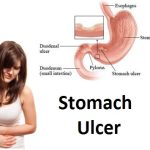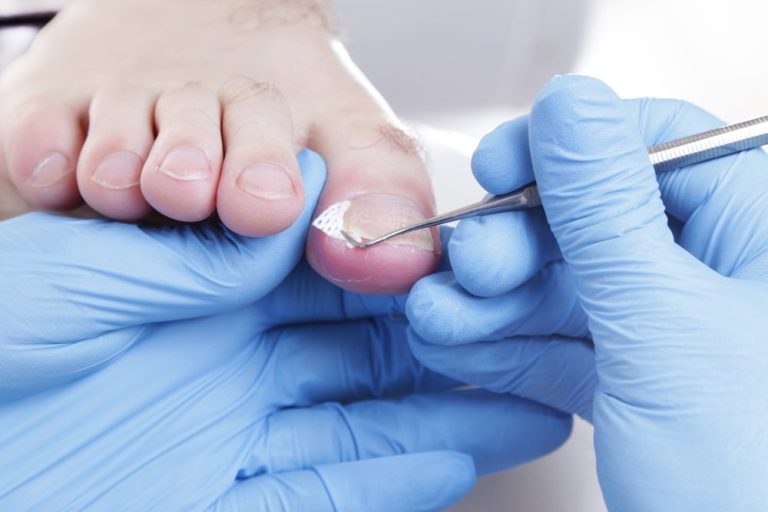Ulcers are painful sores that can develop in various parts of the body, most commonly in the stomach (gastric ulcers) or the small intestine (duodenal ulcers). Understanding how long it takes for ulcers to heal and what you can do to speed up the recovery process is crucial for managing your symptoms and preventing complications. In this article, we’ll explore the healing timeline for ulcers and provide actionable tips to help you recover more quickly. Ranitidine 150 mg medication for ulcers.
Understanding Ulcer Healing Time
The healing time for ulcers can vary depending on several factors, including the type of ulcer, its severity, and the treatment approach. Generally, with proper treatment, ulcers can take anywhere from a few weeks to several months to heal completely.
Gastric Ulcers: These ulcers form in the lining of the stomach. With appropriate treatment, most gastric ulcers start to show improvement within a few weeks. However, complete healing might take up to 8 to 12 weeks.
Duodenal Ulcers: These ulcers occur in the first part of the small intestine. Duodenal ulcers often heal faster than gastric ulcers. Improvement is usually seen within a few weeks, and full healing typically takes about 4 to 8 weeks with effective treatment.
Complications: If an ulcer leads to complications like bleeding or perforation, the healing time can be significantly prolonged and may require more intensive medical intervention.
Key Factors Influencing Ulcer Healing
Type of Ulcer: As mentioned, gastric and duodenal ulcers have different healing times. Additionally, ulcers caused by conditions like Crohn’s disease may take longer to heal.
Treatment: The effectiveness of the treatment regimen, which may include medications and lifestyle changes, greatly impacts healing time.
Underlying Conditions: Conditions such as Helicobacter pylori (H. pylori) infection or the use of nonsteroidal anti-inflammatory drugs (NSAIDs) can affect healing. Addressing these underlying issues is crucial for effective recovery.
Lifestyle Factors: Diet, stress levels, and smoking can influence the healing process. Modifications in these areas can significantly impact how quickly an ulcer heals.
Tips for Faster Ulcer Recovery
-
Follow Your Doctor’s Treatment Plan
Adhering to your doctor’s prescribed treatment is essential for ulcer healing. Common treatments include:
- Proton Pump Inhibitors (PPIs): These drugs reduce stomach acid production, allowing the ulcer to heal.
- H2-Receptor Antagonists: These medications also reduce stomach acid and promote healing.
- Antibiotics: If H. pylori infection is present, antibiotics are necessary to eradicate the bacteria.
- Antacids: Over-the-counter antacids can help manage symptoms by neutralizing stomach acid.
Make sure to take all medications as directed and complete the full course, even if you start feeling better.
-
Modify Your Diet
Your diet plays a significant role in ulcer management and recovery. Consider the following dietary adjustments:
- Avoid Irritants: Stay away from spicy foods, acidic foods (like citrus and tomatoes), and caffeine, which can aggravate ulcer symptoms.
- Eat Small, Frequent Meals: Smaller, more frequent meals can help reduce stomach acid production and minimize discomfort.
- Incorporate Healing Foods: Foods rich in fiber, such as fruits, vegetables, and whole grains, can help protect the stomach lining and promote healing.
-
Avoid NSAIDs and Alcohol
Nonsteroidal anti-inflammatory drugs (NSAIDs) can irritate the stomach lining and exacerbate ulcer symptoms. If you need pain relief, consult your doctor for alternative options. Similarly, alcohol can increase stomach acid production and delay healing, so it’s best to avoid it altogether during recovery.
-
Manage Stress
Stress does not directly cause ulcers, but it can worsen symptoms and hinder healing. Incorporate stress-reducing activities into your daily routine, such as:
- Exercise: Regular physical activity can help manage stress and improve overall well-being.
- Relaxation Techniques: Practices like meditation, deep breathing exercises, and yoga can reduce stress levels.
- Adequate Sleep: Ensure you get enough restful sleep each night to support your body’s healing processes.
-
Quit Smoking
Smoking can impair ulcer healing by increasing stomach acid production and reducing blood flow to the stomach lining. If you smoke, quitting is one of the most effective ways to improve healing and reduce ulcer symptoms.
-
Regular Follow-Up
Regular follow-up appointments with your healthcare provider are crucial for monitoring progress and making any necessary adjustments to your treatment plan. These visits allow your doctor to assess healing, address any concerns, and provide additional guidance.
When to Seek Further Medical Attention
While most ulcers improve with proper treatment, there are situations where you should seek additional medical attention:
- Persistent Symptoms: If you experience persistent or worsening symptoms despite treatment, consult your doctor for further evaluation.
- Severe Complications: Symptoms such as severe abdominal pain, black or tarry stools, or vomiting blood may indicate complications like bleeding or perforation, which require immediate medical attention.
Conclusion
Ulcer healing time varies depending on the type of ulcer, treatment, and individual factors. With appropriate medical treatment and lifestyle adjustments, most ulcers heal within a few weeks to several months. By following your doctor’s advice, making dietary and lifestyle changes, and managing stress, you can support faster healing and reduce the risk of complications. If you have any concerns or notice persistent symptoms, don’t hesitate to seek further medical advice. Read More…
















